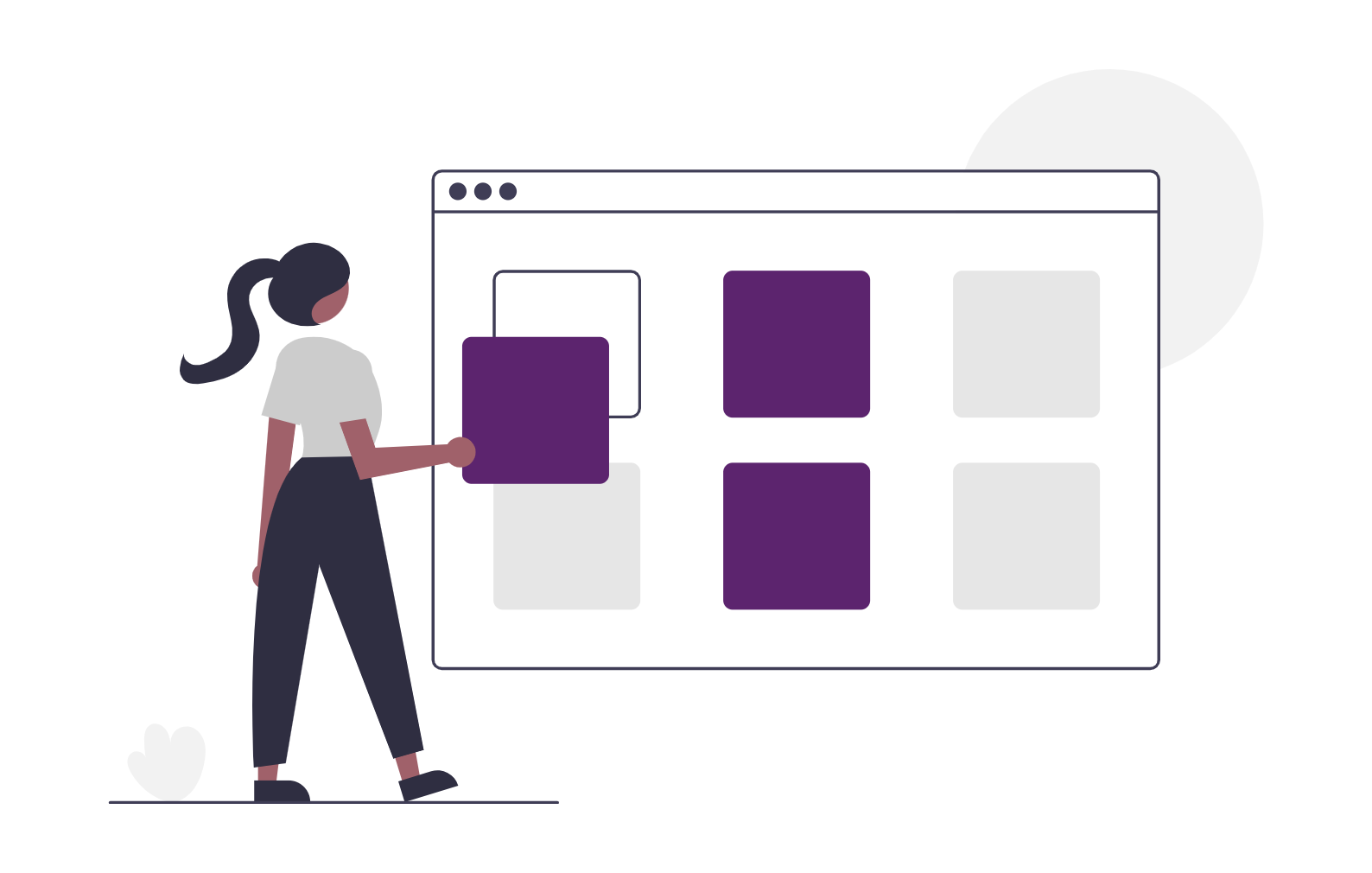
Compare and Contrast the Three Operating Systems
It is worth noting that there are many types of software programs available in the current
market currently. Most of the operating systems available are open-source platforms accessible
for customization by manufacturers to fulfill the specific demands of their various devices.
Windows, macOS, and Linux are the three most popular operating systems available today. All
the three have their own set of pros and downsides, although they all contribute to a more
adaptable user experience, albeit they each shine differently.
Windows is a commonly used operating system (OS) with a big user base with most
applications written for it. Windows OS has a greater degree of hardware support than any other
operating system. Because Windows is so extensively applied across the globe, most new games
are released for it first (Malallah et al. 25). However, because they are used so extensively
compared to other operating systems, Windows are highly sensitive to infections. Ninety-five
percent of viruses are programmed for Windows. The Windows OS is proprietary. Windows is
more costly than other competing operating systems like Android since it has a Microsoft-
exclusive license. In addition to that, windows also possess extra features and are compatible
with practically any brand of hardware and software program out there (Jana 3). To crown it all,
windows has made significant strides forward in terms of security compared to previous
versions. It also needs a large number of resources.
Surname 2
The other operating system in the list is Linux which is known to be completely free to
download, install, and distribute since it is an open-source operating system, there are many
different varieties available because you may customize it to your liking. According to Malallah
et al. (18), Linux is built on a monolithic kernel. Compared to Windows, it is more efficient in
terms of operations since it uses the forward slash as a path separator between directories. It is
also quite stable, but it is also extremely susceptible to infection (Tsvetkov 170). However, many
Windows applications will not operate on Linux, and there are far fewer drivers available for
Linux than for Windows.
The macOS operating system offers a simplified user interface that is consistent with its
hardware integration. The OS includes many free productivity apps that come with it (Malallah
et al. 20). Apps were added and deleted from the operating system as it progressed from the
original MacOS. It enjoys the advantage of not being very susceptible to viruses and malware
like other competitors. The iPod music player and music applications for the Mac, such as
iTunes and GarageBand, were created by Apple because they considered music a major market.
Multitasking and ease of usage with a number of other Apple devices are two of its main
advantages. However, macOS has been deemed prohibitively costly and only available for
Apple-approved hardware, making them incompatible with computer upgrades (Malallah et al.
29). Another issue with these operating systems is that very few game titles are available for
them in the market.
In conclusion, depending on an individual’s requirements, some operating systems will
perform better than others. However, the above comparison shows that Windows and Linux give
the greatest hardware and program support than Mac OS. When it comes to Windows, they can
run practically any application currently available. It is also possible to interact with a computer
Surname 3
using an operating system even if one does not understand the machine’s language. As a result, a
computer is rendered inoperable if it does not have an operating system.
Surname 4
Works Cited
Hasnain, Sk Golam Muhammad, and Farhan Ar Rafi. “Windows, Linux, Mac Operating System
and Decision Making.” International Journal of Computer Applications 975: 8887.
Jana, Indranil. “Effect of ARP poisoning attacks on modern operating systems.” Information
Security Journal: A Global Perspective 26.1 (2017): 1-6.
Malallah, HayfaaSubhi, et al. “A comprehensive study of kernel (issues and concepts) in
different operating systems.” Asian Journal of Research in Computer Science (2021): 16-
31.
Tsvetkov, Konstantin. “OPERATING SYSTEMS: PAST, PRESENT AND FUTURE.” New
knowledge Journal of science 9.2 (2020): 167-175.


